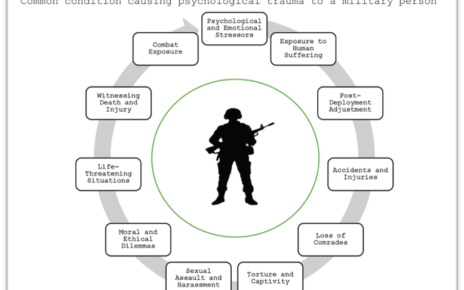Volume 11 Issues 11 November, 2021
Is there a recipe for happiness?

Editor, MINDS,
Faculty, All India Institute of Medical Sciences, (AIIMS) Raipur, Chhattisgarh
Follow on Twitter
What is happiness? What makes you happy? Why do you need happiness? These are the questions we pondered overages. Whatever the answer is, happiness seems to be the powerful determinant of human behaviour. Happiness is something we spend most of our lives searching for. Life seems to be a business negotiating emotions; a successful deal benefits happiness, and a lousy deal costs otherwise.
As aptly put by Jeremy Bentham, “Nature has placed mankind under the governance of two sovereign masters, pain, and pleasure”.
Happiness at times gives a surprised visit, imagine you are late and about to miss your train, suddenly you hear the announcement that the train is departuring late from its scheduled time, you feel happy don’t you!.
The intensity of perceived happiness greatly depends on your mood, too; we often recollect a not so happy experience as pleasant, Remember! in last winter vacation when your car tyre was punctured, you were cursing each and everything under the sun, but recollecting it now brings a smile on your face, this is explained by hedonistic theory, which argues that happiness is merely a raw subjective feeling; the retrospective review of the judgment of happiness often differs from the overall experienced happiness.
To understand it better, we need to understand the Desire theory; Per Desire theories, happiness is a matter of getting what you want. However, the content of the desire is left up to the person who does the wanting. Perhaps, our desire to experience pleasure over pain affects our retrospective judgment on happiness. Hence, the preponderance of pleasure over pain is the recipe for happiness as per hedonism.
Most of our worldly desire is attached to money, which is also reflected in studies showing that happiness increases with income. But, alas, the level of happiness fails to deliver a sustained increase. Infect happiness does not increase beyond a specific level; this is known as the Esterline paradox. Happiness is discrete; objectifying happiness often disappoints us with its limitations.
On the other hand, the Setpoint theory postulates that an individual’s genetic program to perceive a level of happiness on in other words, we have been allowed to be happy to a certain point.
In contrast to all, Maslow proposed that once the primary need is satisfied, one will find a more meaningful way of happiness, finally achieving a state of self-actualisation. Hence, our longing for a stable source of happiness takes us on a lifelong journey where one has to cross certain milestones. Perhaps, one has to discover a personalised recipe to savour the best taste of happiness. The secret ingredient of a happiness recipe is yet to be found.
Suggested Source: watch recording on YouTube


